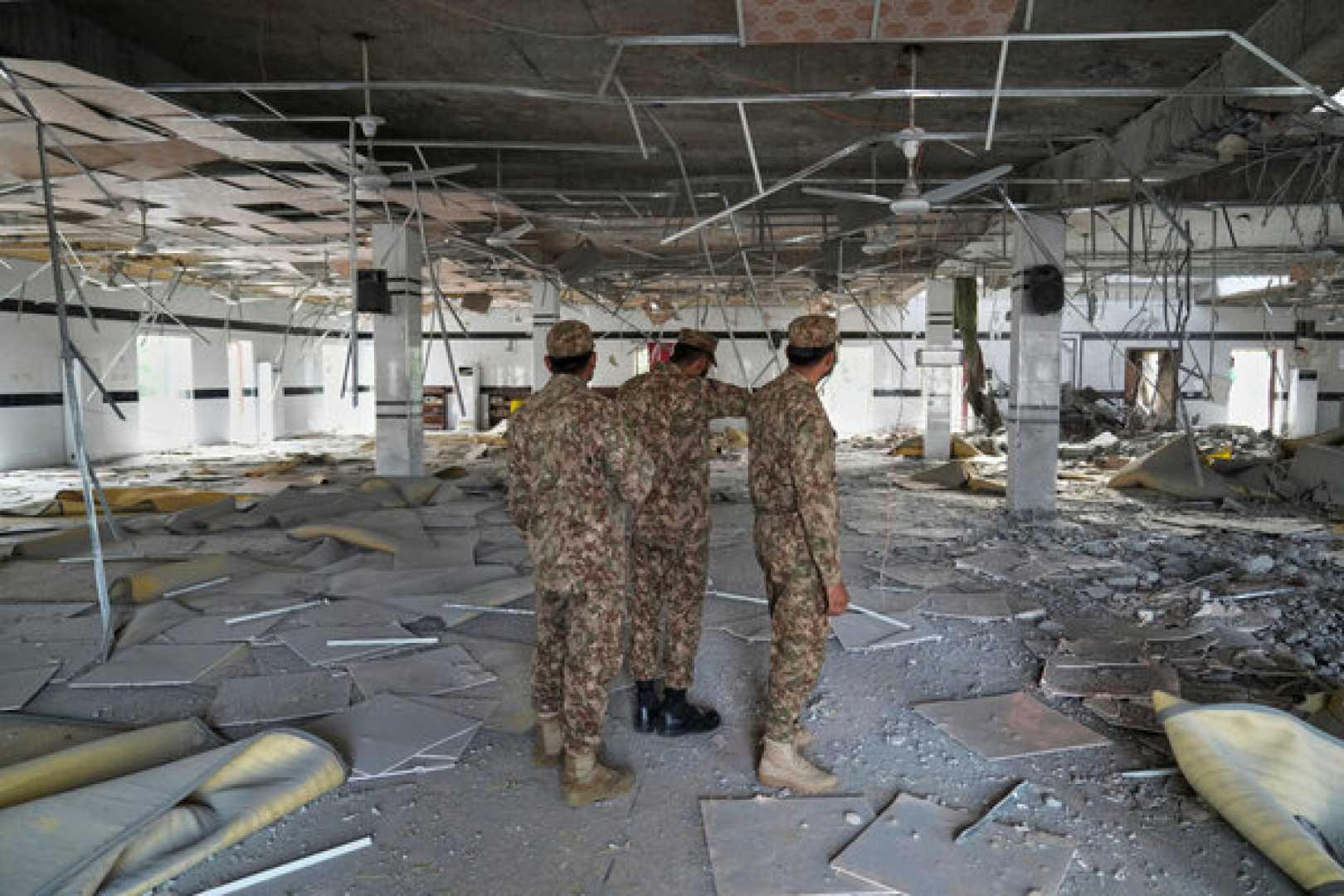World
Escalation of India-Pakistan Conflict Raises Global Concerns

MUZAFFARABAD, Pakistan — On May 9, 2025, tensions between India and Pakistan escalated after India conducted missile strikes against what it described as terrorist infrastructure in Pakistan. This operation, dubbed ‘Operation Sindoor‘, was a response to the brutal killing of 26 tourists in April by militants, whom India claims are linked to Pakistan.
The cross-border strikes were ordered following weeks of rising tensions between the two countries, with both sides accusing each other of provocations. India’s government described the missile attacks as “measured and non-escalatory,” asserting they targeted terrorist camps rather than military positions. However, Pakistan’s military reported civilian casualties and condemned the strikes as unacceptable violations of its sovereignty.
This latest outbreak of violence marks one of the most intense confrontations since the Kargil War of 1999, highlighting the ongoing conflict over the disputed region of Kashmir. Since their partition in 1947, India and Pakistan have engaged in several wars and skirmishes, chiefly centered around this area.
Despite possessing nuclear weapons, both nations have historically managed to limit the scope of their conflicts. However, analysts warn that the growing aggressiveness in their military responses may undermine the deterrent effect of their nuclear arsenals.
<p"There appears to be a pattern of escalation that needs careful management," said Happymon Jacob, an Indian security analyst. "The stakes are higher than ever, and miscalculations could lead to a wider conflict. Both leaders face immense pressure from nationalist sentiments at home, which complicates efforts toward de-escalation.
The crisis has drawn international attention, and U.S. Secretary of State Marco Rubio has called for dialogue, emphasizing the importance of preventing further escalation. This tension also impacts regional stability, with repercussions likely affecting neighboring countries.
As the conflict unfolds, experts stress the urgency of fostering diplomatic communication to avoid catastrophic outcomes. As one analyst noted, “In a nuclear neighborhood, the costs of escalation are too high, and all parties have a vested interest in maintaining peace.” For now, ceasefire negotiations appear distant as both sides brace for continued exchanges of fire.












